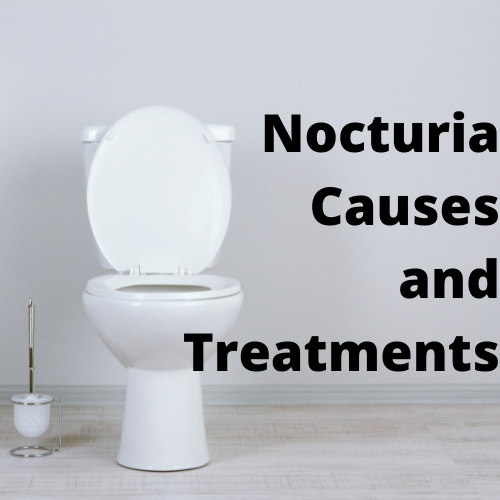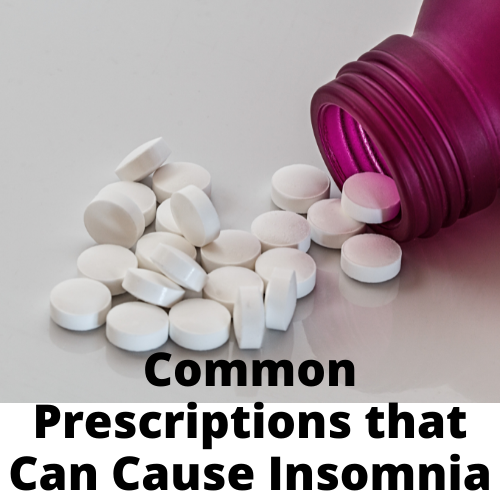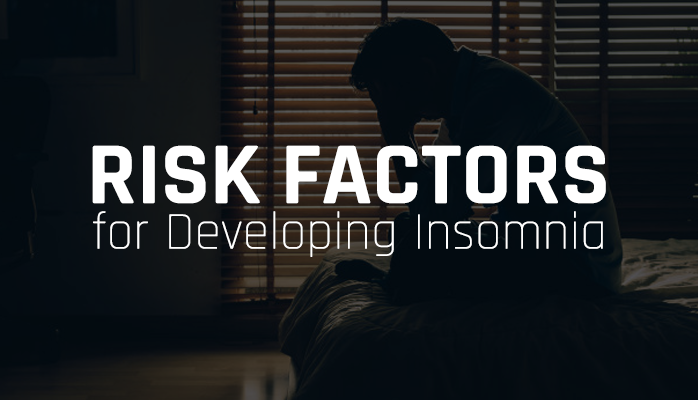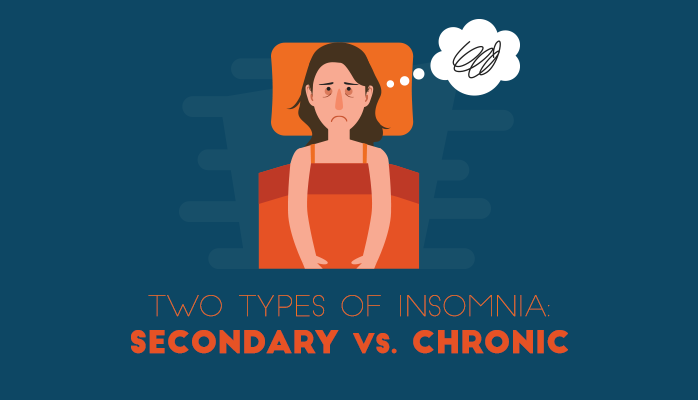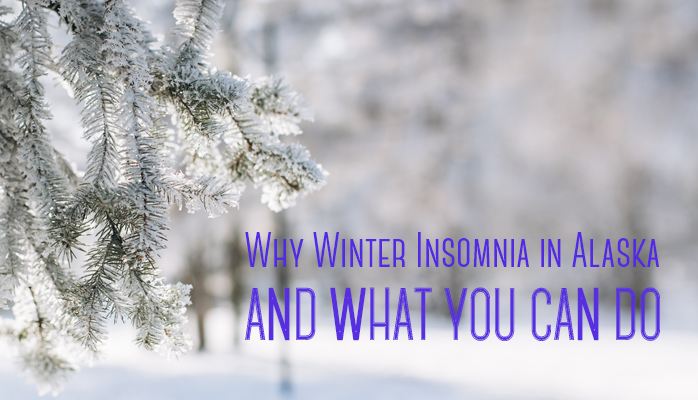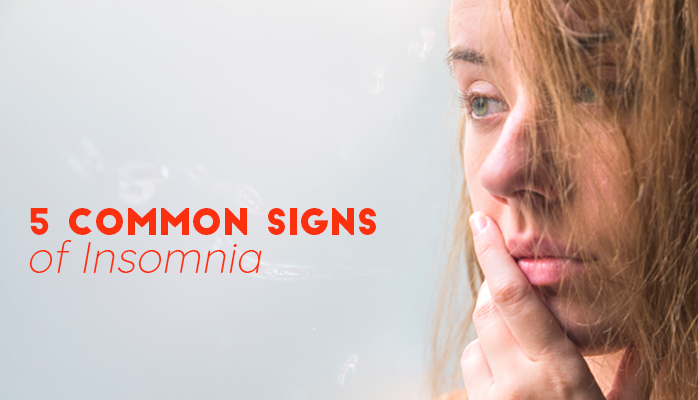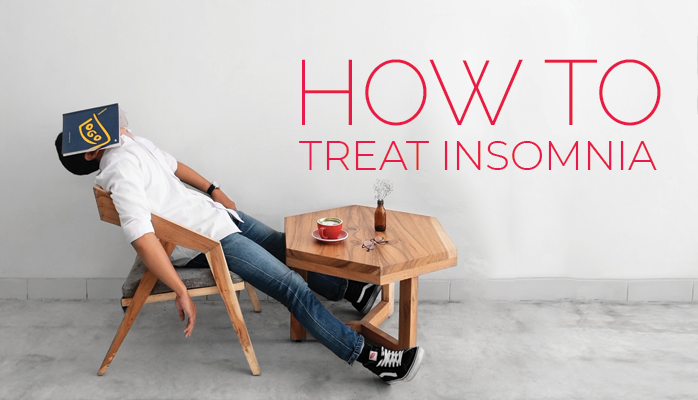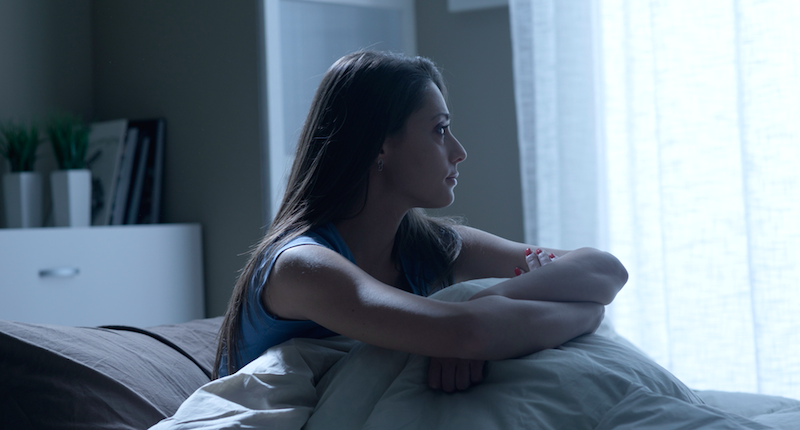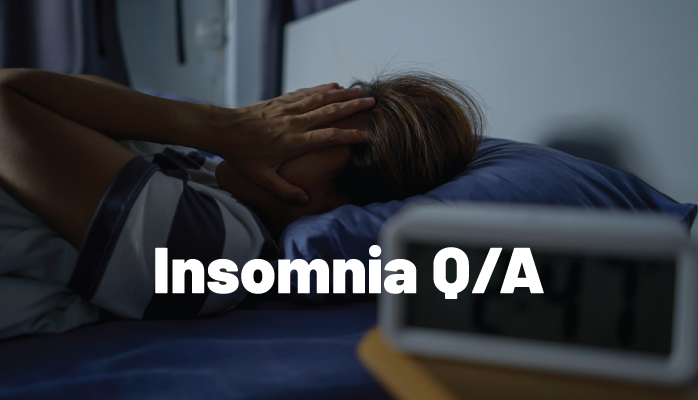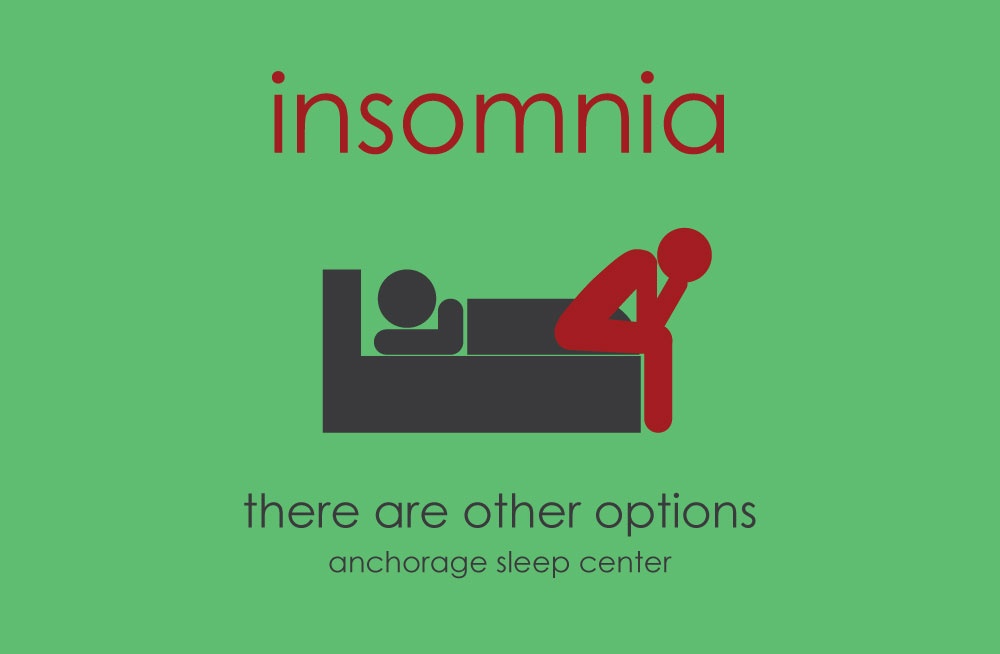Nocturia is a term for a condition in which you take multiple trips to the bathroom at night. These constant disruptions cause you to constantly wake up to take a trip to the bathroom, which interrupts your attempt at a good night's sleep. You may awaken in the morning and find yourself feeling drowsy or extremely tired throughout the day. If this happens more often than not, and you are not proceeding bedtime with a large intake of water, then there may be some underlying diseases or disorders that you need to address. Please continue reading to find out more about what may be causing your multiple bathroom stops.
Common Prescription Medications that Cause Insomnia
Do you find it difficult to sleep, but unsure why? It could have something to do with your prescription medications. If you take medication for high blood pressure, arrhythmias, mental health disorders, and other health problems, your medication could be causing your insomnia.
What is a Risk Factor for Insomnia?
A risk factor is something that increases your likelihood of developing a disease or condition. Insomnia, like other sleep disorders, has several potential causes and factors that can increase your risk of developing insomnia. Continue reading to learn more about insomnia and some of the risk factors that are associated with the condition.
Two Types of Insomnia: Primary vs Secondary, & Chronic vs Acute
What is Insomnia?
Insomnia is a sleeping disorder that prevents you from getting enough sleep because you have trouble falling asleep, staying asleep throughout the night, and/or you wake up much earlier than intended, and can't go back to sleep.
If you have insomnia, you never feel like you are getting enough rest – probably because you aren’t. It’s frustrating to not be able to sleep when you want to, and accompanying this frustration are the physical and mental consequences of being sleep deprived. Continue reading to learn more about the different types of insomnia.
Why Winter Insomnia in Alaska – and What You Can Do
Excess Darkness and Your Circadian Rhythm
For those of us living in Alaska, it’s no secret that we are operating under “unique” circumstances in summer and winter from extreme amounts of light to extreme amounts of dark. Though it might seem counter intuitive, the amount of excess darkness, which is significant in the Southeast and oppressive in the Far North, actually makes sleep more difficult for many people.
Why?
The excess darkness is extremely disruptive. It prevents your exposure to daylight and ability to be physically active. It also can disrupt your hormone levels. The result of all these adjustments is a disrupted circadian rhythm. Continue reading to learn more about this phenomenon and what you can do.
What is Insomnia?
“Insomnia” is a word that most people frequently toss around to describe cases of sleeplessness. However, the disorder is actually a complicated umbrella term that includes multiple conditions varying in severity.
Insomnia is defined as difficulty falling asleep or staying asleep, even when a person has the chance to do so.
No matter the type of insomnia, those who suffer from the condition commonly complain of the same symptoms:
-
Waking during the night
-
Waking too early
-
Fatigue during the day
-
Irritability
-
Depression
-
Anxiety
-
Difficulty concentrating
-
Increased worry
-
Increased accidents
Can't Sleep? What You Need to Know About Insomnia
Insomnia is a sleeping disorder that prevents you from falling asleep, staying asleep, and waking up at an appropriate time. This can be due an underlying cause or seem idiopathic. If you struggle with sleep and are concerned you're the only one, it may help to know that you're not alone in your quest for better sleep. Research studies demonstrate that approximately 25% of people suffer from some form of sleep disorder. This statistic is daunting as sleep deprivation can impose detrimental effects on individuals and the people around them.
How Does Insomnia Interfere With Life?
Insomnia is a sleep disorder that leaves you sleep deprived and frustrated. Insomnia is a condition when you either can’t fall asleep, can’t stay asleep, or always wake up far earlier than you need. The result of insomnia is mild to severe sleep deprivation, which can have mild to catastrophic consequences.
Insomnia side effects interfere with all aspects of life, including our health in terms of:
- Emotionally
- Cognitively
- Physically
- Socially
Understanding what insomnia is and what you can do to help treat it may dramatically improve your well being.
How to Know When Lack of Sleep is a Bigger Problem: Insomnia
Insomnia Isn't So Simple
Insomnia is somewhat of a complex topic because it's not as simple as "I can't sleep." In fact, there are actually two types of insomnia, and two modes of insomnia. Here's a closer look at how to distinguish these types/modes of insomnia
The two types of insomnia are:
- Primary insomnia – insomnia as a direct result of something else
- Secondary insomnia – insomnia with no clear, underlying issue
The two modes of insomnia are:
- Acute insomnia – short term, a month or less
- Chronic insomnia – symptomatic, long term (at least three times per week for a month or more)S
So in total, there are actually four different combinations of mode/type meaning that your insomnia might look different than someone else's insomnia. Continue reading to learn more about insomnia and sleeplessness.

